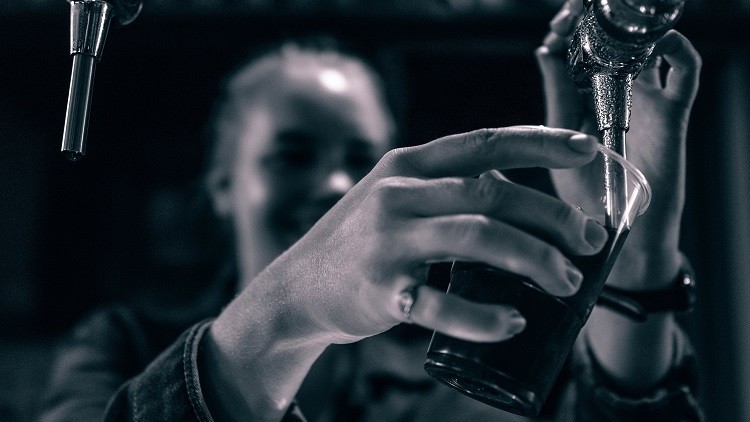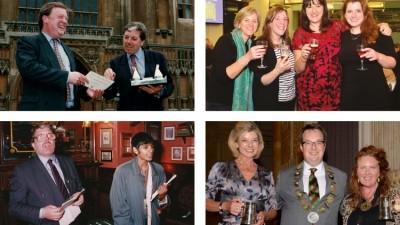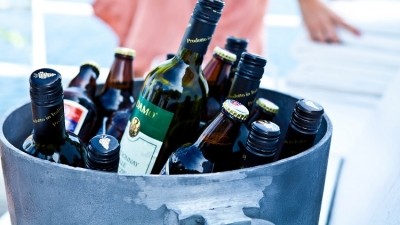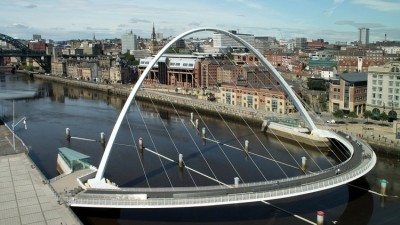Legal: have checks become unbalanced?

I was interested to read a colleague’s licensing blog this week about the changes to his experience of visiting licensed premises in 2018 with when he was in his youth (over 18, obviously) approximately 10 years ago. This was in north London. On a recent outing he was asked by his friend, who had remained local, to bring some ID. Momentarily flattered, he was told this was not because he looks under 18 (or more realistically these days, under 25) but to satisfy the condition on one of the premises’ licences. This restricted entrance only to those whose ID had been “scanned” by a machine. At another venue his expensive bottle of craft beer was decanted into a plastic cup to “satisfy conditions on our licence”.
Apparently in the old days, he could simply walk in and buy a drink which he was able to consume from a glass. His ID was irrelevant to the process.
I was then reminded of an Observer article by Jay Rayner in which he wrote of a visit to a premises in Westminster for a restaurant review. His experience was similar to my colleague’s, and familiar to those of us practising the “dark arts” of licensing law. Mr Rayner made a booking but was asked to bring his ID. His response was, “But I am 51.” I’m sure to the satisfaction of any licensing enforcement officers reading this, he was told “no exceptions”.
He described, among other things, drinking expensive Champagne from a flute “crafted from beautifully moulded plastic” and a bottle of wine which arrived “pre-decanted into a plastic carafe”. This was after only having obtained entry to the premises through a metal detector, having had his ID scanned, his face photographed and being frisked. As he pointed out, he wanted a drink, not to board a plane.
While, amusingly, he reported this activity only enhanced his appetite, he questioned why anyone would want to run a business that involved setting up “what feels like a small East European state at the height of the Cold War”.
I have not mentioned CCTV, which doubtless would have been state-of-the art and capture Mr Rayner and my colleague’s ID/data (again) on entrance and probably in every public area in any lighting during the visit to each of the premises; increasingly premises use body-worn video cameras as well.
Naturally, this is all justifiable to prevent crime and disorder by giving the police information (if requested) of the identity of all visitors to the premises and removing the risk of offering the customer anything that is made of glass and, therefore, could be used as a weapon.
Who knows whether all of this is really necessary or not? It is definitely a reflection of the times in which we live, and most of us are adaptable. We will continue to go out and enjoy ourselves, just like my colleague and, indeed, as Mr Rayner concluded in his review. It is just that the experience is likely to be dramatically different.
As in other areas of life, regulatory control has replaced self-control.






